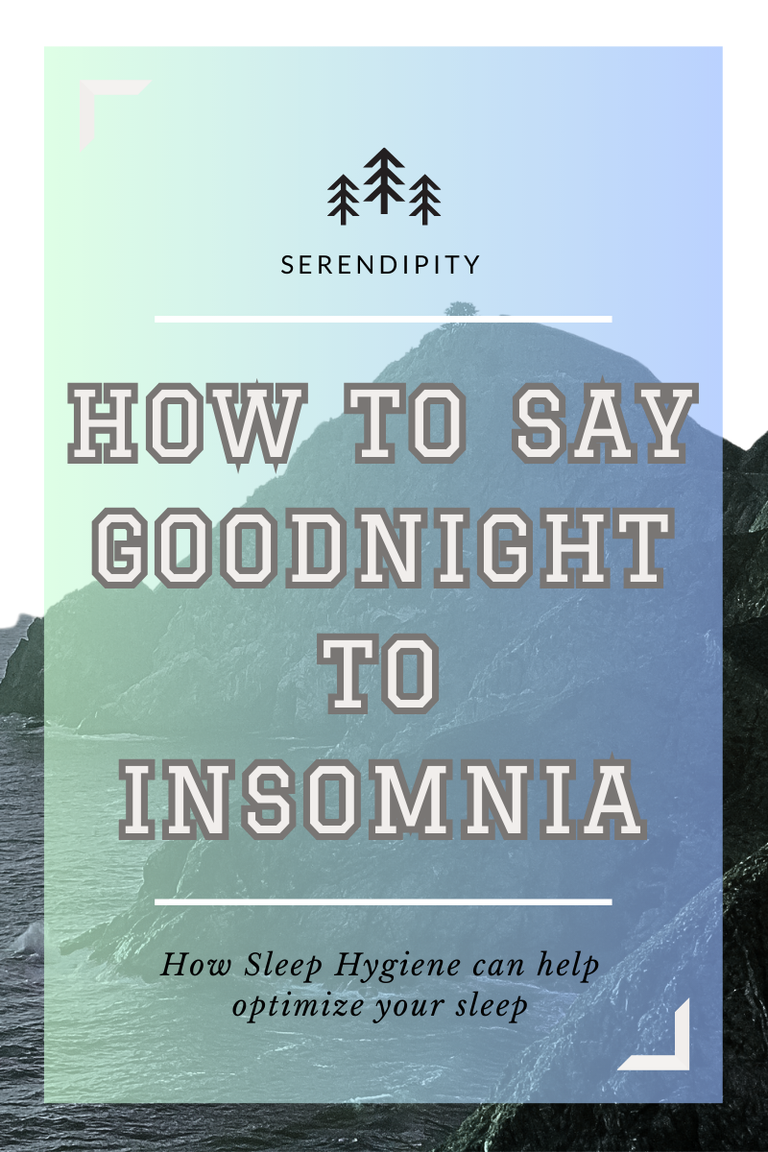
The Importance of Sleep and the Rising Challenge of Insomnia
Sleep is an essential aspect of life, affecting our mental and physical health, memory, mood, and even our lifespan. Historically, prolonged sleep deprivation was used as a method of torture, often pushing individuals to psychological extremes and, in some cases, even resulting in death. In today’s world, however, sleep deprivation has become an unintended epidemic. As more people struggle with chronic sleep issues, they face potential health risks including impaired cognitive function, emotional imbalance, and lowered immunity. This struggle often stems from modern lifestyle factors, leading to conditions like insomnia.
What is Insomnia?
Insomnia is a sleep disorder characterized by difficulty in either falling asleep or staying asleep. For a condition to be diagnosed as insomnia, these symptoms typically need to persist at least three times per week for a minimum of three months, a duration that qualifies it as “chronic insomnia.” Sleeplessness on a sporadic basis, often termed “acute insomnia,” is usually a short-term reaction to stress or a specific life event and generally resolves once the situation improves.
Insomnia affects not only the quantity of sleep but, crucially, the quality as well. Good sleep isn’t just about the hours you clock in; it’s about how restful those hours are. Many people can sleep for 8 hours and still feel exhausted if the sleep quality was poor. Thus, achieving restful sleep requires both adequate duration and undisturbed, high-quality rest.
Types of Insomnia: Primary and Secondary
There are two primary forms of insomnia: primary and secondary.
Primary Insomnia: This occurs when difficulty sleeping is not directly linked to any medical or mental health condition. Primary insomnia is often the result of stress, lifestyle factors, or poor sleep habits.
Secondary Insomnia: This type of insomnia is often a symptom of an underlying health condition, such as depression, anxiety disorders, or chronic pain. When insomnia is secondary, addressing the primary condition is crucial for treating the sleep issues effectively.
In this discussion, we’ll focus on primary insomnia and explore how sleep hygiene practices can offer relief by supporting the body’s natural sleep processes.
What is Sleep Hygiene?
Sleep hygiene refers to a set of habits, behaviors, and environmental adjustments designed to improve sleep quality, sleep duration, and overall post-sleep functioning. The goal of sleep hygiene is not to force sleep but to remove barriers and create a conducive environment for restful sleep. When practiced consistently, sleep hygiene can help restore a more natural and fulfilling sleep cycle.
Principles of Sleep Hygiene
Sleep hygiene practices typically involve three key areas: sleep-conducive behaviors, a supportive sleep environment, and the avoidance of substances that interfere with sleep.
Sleep-Conducive Behaviors:
- Establish a Routine: Going to bed and waking up at the same time each day helps the body maintain a regular circadian rhythm, making it easier to fall asleep and wake up feeling refreshed.
- Limit Naps: While a brief afternoon nap can boost energy and improve mood, it can interfere with nighttime sleep for individuals who already struggle with sleep. Avoiding naps—or limiting them to 15–20 minutes before mid-afternoon—can help.
- Develop a Wind-Down Routine: A calming pre-sleep routine signals to the body that it’s time to rest. Consider setting aside 30–45 minutes before bedtime to wind down, turning off devices, lowering lights, and doing relaxing activities like reading, gentle stretching, or listening to calming music.
- Exercise, but at the Right Time: Physical activity is beneficial for sleep quality, but the timing matters. Exercising 4–6 hours before bedtime allows the body temperature to rise and then drop, promoting drowsiness. Exercising too close to bedtime, however, can have a stimulating effect that makes falling asleep more difficult.
Creating a Sleep-Supportive Environment:
- Optimize Lighting: Exposure to natural light during the day can improve sleep-wake cycles, while reducing exposure to artificial blue light from screens in the evening supports the body’s natural production of melatonin, the hormone that promotes sleep.
- Control Noise: A quiet environment is ideal for sleep, but if noise is unavoidable, consider using earplugs or a white noise machine. Some people find that steady, soothing sounds, such as rainfall or soft instrumental music, help them relax.
- Ensure Comfortable Bedding: A supportive mattress and pillow, along with a clean and inviting bed, are fundamental to good sleep. Investing in quality bedding can make a significant difference in reducing aches and improving sleep posture, both of which contribute to restful sleep.
- Maintain a Cool Temperature: A slightly cool room, around 60–67°F (15–19°C), is considered ideal for sleep. Adjusting blankets, clothing, and room temperature to suit your preference can help the body maintain the lower core temperature needed for restful sleep.
Avoid Substances that Disrupt Sleep:
- Caffeine: As a stimulant, caffeine can interfere with sleep even hours after consumption. Limiting caffeine intake to the morning and avoiding it 6–8 hours before bedtime can help reduce its impact on sleep.
- Nicotine: Nicotine is another stimulant, so avoiding smoking or nicotine products close to bedtime can improve the ability to fall asleep.
- Alcohol: Although alcohol may seem to help with falling asleep, it disrupts REM sleep cycles and leads to poorer sleep quality overall. Limiting alcohol, particularly in the hours before bed, can help support restful sleep.
When Sleep Hygiene Alone Isn’t Enough
Sleep hygiene takes time and consistency to yield results. While it may take several weeks of diligent practice, many people find their sleep gradually improves with commitment to these habits. However, if insomnia persists despite following sleep hygiene recommendations, it may be necessary to consult a healthcare provider to rule out underlying causes. Conditions like depression, anxiety, hormonal imbalances, or chronic pain may require additional medical support to address sleep issues fully.
In Conclusion
Adopting good sleep hygiene practices is a natural, accessible approach to enhancing sleep quality and duration. By making changes in behavior, environment, and substance use, individuals can support their body’s natural sleep cycles and, over time, improve not only how long they sleep but how refreshed they feel upon waking. Although sleep hygiene requires effort and patience, it often leads to a healthier, more restful sleep, helping people enjoy better mental clarity, emotional stability, and overall well-being.





